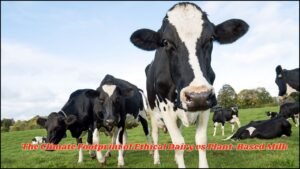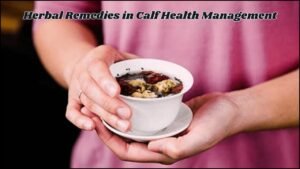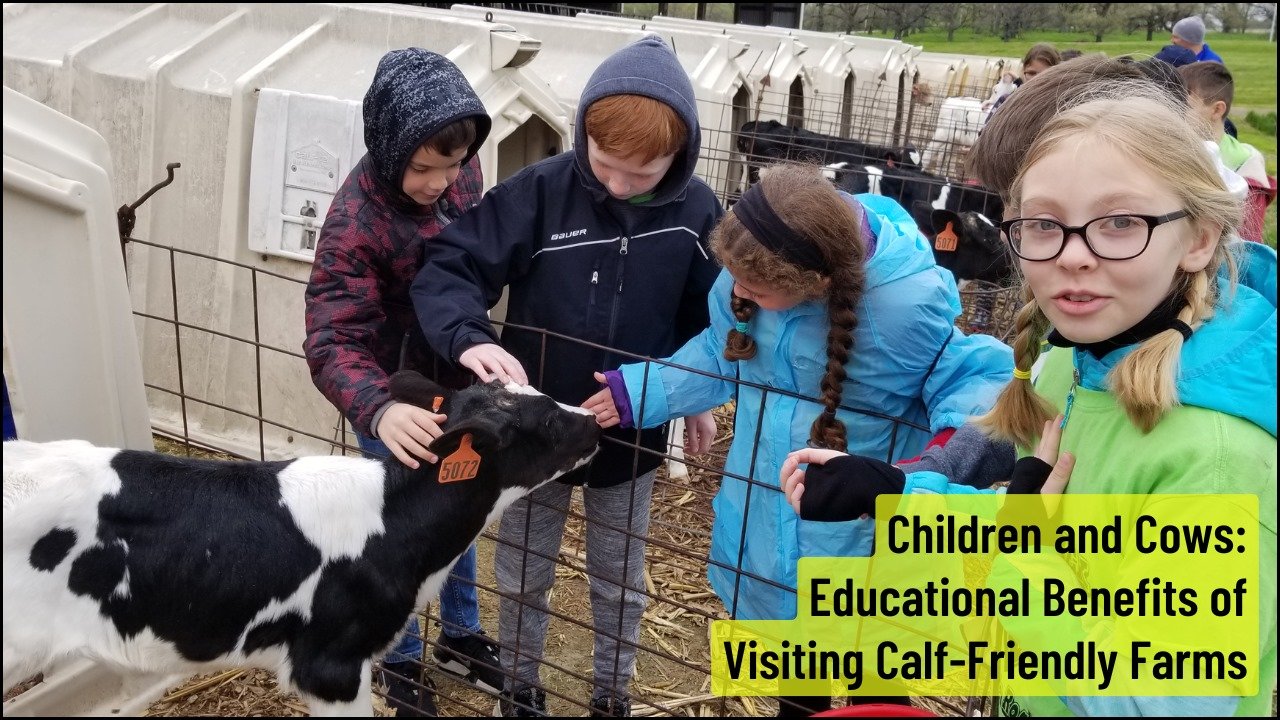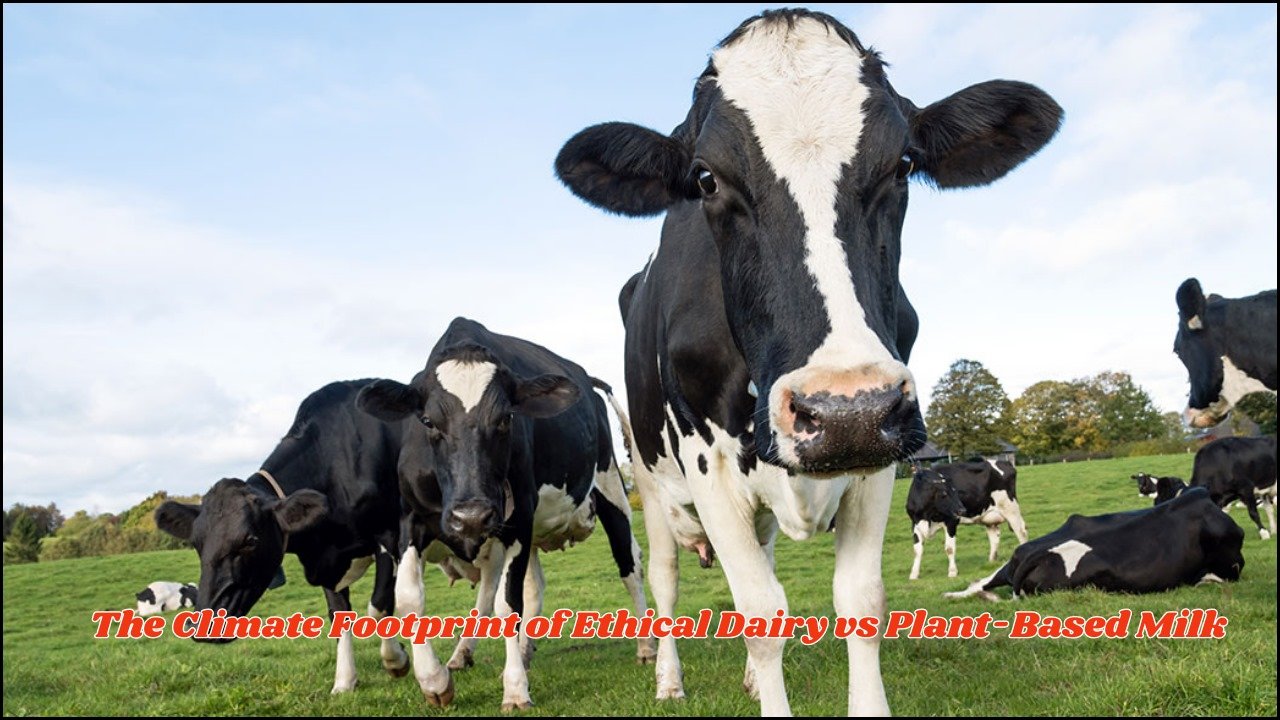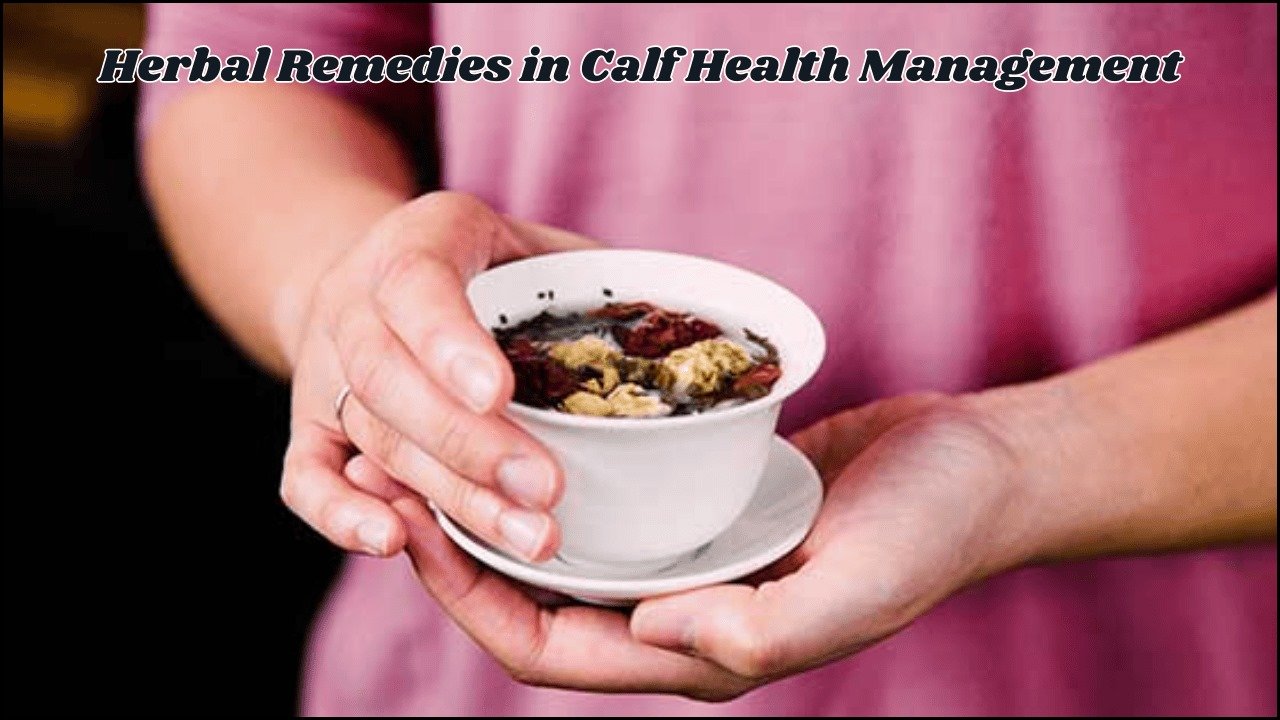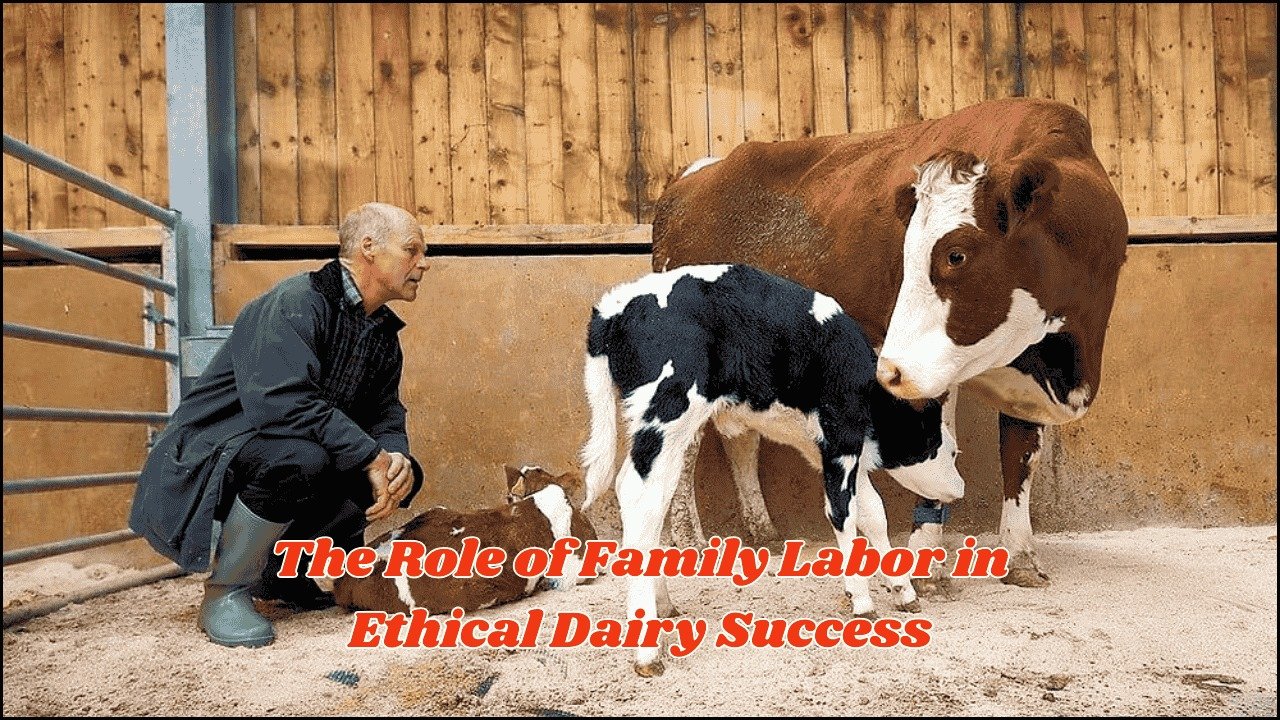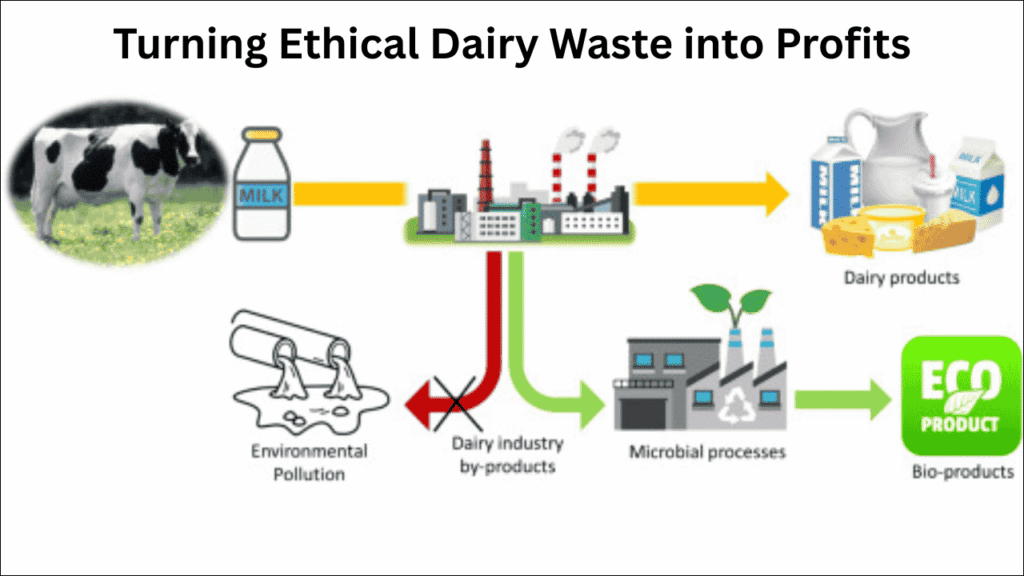
In modern ethical dairy farming, sustainability is not just a moral choice but also a smart business strategy. By creatively using whey, manure, and other by-products, farms can transform what was once considered waste into valuable revenue streams. This approach reduces environmental impact and adds financial resilience to the farming model.
Table of Contents
Overview
| By-Product | Potential Use | Benefits |
|---|---|---|
| Whey | Protein powders, drinks, cosmetics | Extra revenue, reduced waste |
| Manure | Biogas, compost, soil improvement | Renewable energy, improved soil health |
| Buttermilk | Butter, yogurt, specialty products | Value-added dairy goods, premium pricing |
| Bedding | Composting, bioenergy | Waste reduction, cost savings |
Whey: From By-Product to Business Opportunity
Whey, the liquid left after curdling milk for cheese production, is rich in protein, vitamins, and minerals. Instead of discarding it, ethical dairy farms can turn whey into high-demand products like protein powders, nutritional drinks, or animal feed supplements. It also has applications in the cosmetic industry, where it is valued for its skin-nourishing properties.
Manure: Fuel, Fertilizer, and Soil Booster
Manure is a powerful resource in sustainable farming. When processed through anaerobic digestion, it can generate biogas, which serves as renewable energy for farm operations or can be sold to local power grids. Nutrient-rich compost from manure improves soil health, reducing the need for chemical fertilizers and enhancing long-term farm productivity.
By-Products: Hidden Potential for Added Income
Ethical dairy farming also produces by-products such as buttermilk, excess cream, and curds that can be turned into specialty dairy items like butter, yogurt, and cheese spreads. Farms can also explore artisanal food markets, offering locally branded, eco-friendly products that attract premium prices. Even non-food by-products, such as used bedding material, can be repurposed for composting or bioenergy production.
Environmental and Economic Benefits
By rethinking waste as a resource, ethical dairy farms reduce their environmental footprint, enhance soil and water quality, and strengthen local economies. Creative reuse supports a circular farming economy where nothing goes to waste, aligning with both eco-conscious consumer demand and government sustainability incentives.
FAQs
Q1: How can small dairy farms profit from whey?
A = Small farms can create niche products like artisanal protein drinks or sell whey to local food producers.
Q2: Is manure-based energy production expensive to set up?
A = While initial costs can be high, government grants and long-term energy savings make it worthwhile.
Q3: Are there markets for dairy by-products outside of food?
A = Yes, whey and other dairy by-products have applications in cosmetics, biofuels, and agriculture.


